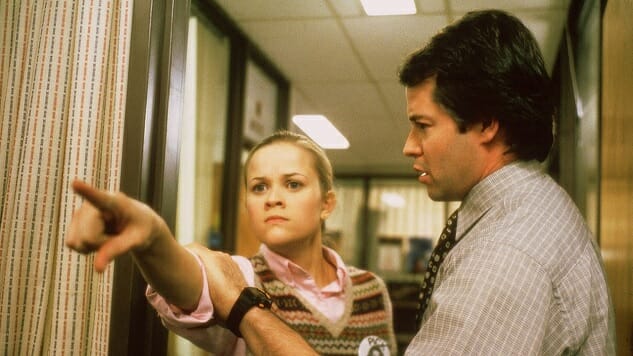Best of Criterion’s New Releases, December 2017

Each month, the Paste staff brings you a look at the best new selections from The Criterion Collection. Much beloved by casual fans and cinephiles alike, The Criterion Collection has for over three decades presented special editions of important classic and contemporary films. You can explore the complete collection here. In the meantime, here are our top picks for the month of December.
 100 Years of Olympic Films: 1912-2012
100 Years of Olympic Films: 1912-2012
Directors: Adrian Wood, Jean de Rovera, Arnold Fanck, Othmar Gurtner, Wilhelm Prager, Carl Junghans, Leni Riefenstahl, André Michel, Castleton Knight, Tancred Ibsen, Hannu Leminen, Giorgio Ferroni, Peter Whitchurch, René Lucot, Louis Gueguen, Heribert Meisel, Romolo Marcellini, Theo Hörmann, Kon Ichikawa, Claude Lelouch, Jacques Ertaud, Jean-Jacques Languepin, François Reichenbach, Alberto Isaac, Masahiro Shinoda, Miloš Forman, John Schlesinger, Michael Pfleghar, Arthur Penn, Yuri Ozerov, Mai Zetterling, Tony Maylam, Jean Beaudin, Marcel Carrière, Georges Dufaux, Drummond Challis, Kim Takal, Bud Greenspan, Lee Kwang-soo, Im Kwon-taek, Lee Ji-won, Joe Jay Albert, R. Douglas Copsey, Carlos Saura, Kieth Merrill, Nancy Beffa, Caroline Rowland, Gu Jun
Years: 1912 – 2012
Obviously, we consider Criterion’s monthly offerings worth noting for film lovers. But 100 Years of Olympic Films: 1912-2012 is something truly special, even by the company’s already lofty standards. This mammoth collection includes 53 films spanning 41 editions of the Olympic Games. All of the movies are newly restored, with a number of important films receiving 4K restorations. There’s also a gorgeous 216-page hardcover book. (Even the traditional writeup gets an upgrade!) This is a collection with true cross-over appeal: film buffs (of course), sports lovers, and even that niche “just the Olympics” fan stand to be blown away by the sheer scope of this set. —Michael Burgin
 The Complete Monterey Pop Festival
The Complete Monterey Pop Festival
Director: D.A. Pennebaker, Chris Hegedus
Year: 1968, 1986
D.A. Pennebaker, one of the deans of American documentary personally supervised the new 16-bit 4K digital restoration of Monterey Pop, one of the all-time great concert documentaries and a record of 1967’s Monterey Pop Festival. An argument can be made that musically, Monterey was more important than Woodstock, seeing as it was the first major U.S. performances by The Jimi Hendrix Experience, The Who and Ravi Shankar, as well as the first (and one of the last) major performances by Otis Redding, who died six months later. Additionally, the bill included one of the earliest performances by Janis Joplin, as well as Simon and Garfunkel, the Mamas and the Papas, the Byrds, Jefferson Airplane, The Grateful Dead and Hugh Masekela. The camera crew on the shoot included Albert Maysles (Gimme Shelter) and Richard Leacock and captured Pete Townshend smashing a guitar and Jimi lighting one on fire. The set includes three films: Monterey Pop (directed by D.A. Pennebaker) as well as Jimi Plays Monterey and Shake! Otis at Monterey, directed by Pennebaker and his wife and frequent collaborator, Chris Hegedus, along with every available complete performance filmed by Pennebaker and his crew and additional rare outtakes. —Mark Rabinowitz
-

-

-

-

-

-

-

-

-

-

-

-

-

-

-

-

-

-

-

-

-

-

-

-

-

-

-

-

-

-

-

-

-

-

-

-

-

-

-

-

 Election
Election General Idi Amin Dada: A Self Portrait
General Idi Amin Dada: A Self Portrait






































